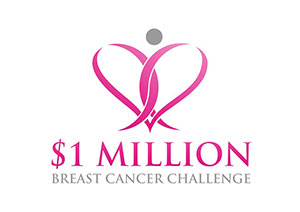More and more people in the western world are choosing to lead a vegetarian lifestyle including teenagers. A recent national survey study showed that 7.6 percent of students in 7-12th grades in Israel do not eat meat or chicken. Those students follow a vegetarian diet which is based on grains, lentils, nuts, fruits, vegetables and sometimes dairy products and eggs. Compared to a vegetarian diet, a vegan diet, in addition, excludes any animal-derived foods or animal byproducts. Vegans eat only plant-based foods. In light of the significant increase in the number of teenagers becoming vegetarian, Dr. Karen Hershkop, the Head of our Nutrition and Dietetics Department has several recommendations.
Children and teens whose diet is vegetarian need to make sure that they receive enough nutrients (proteins, vitamins and minerals) that are essential for their growth and development, otherwise it could result in several nutritional deficiencies including anemia due to a lack of iron, or lack of B12; a lack of vitamin D or calcium that could result in insufficient bone mineral density,…. In extreme situations, being vegetarian has been a sign of the development of eating disorders.
Dr. Karen Hershkop recommends that vegetarian children and teens include in their diet the following foods to ensure a balanced vegetarian diet:
-A variety of plant sources such as whole grains, legumes, nuts and seeds, vegetables and fruits
-Essential fatty acids intake from various sources such as: vegetable oils, nuts and seeds and omega-3 (which is found in flaxseed, chia, walnuts)
-Foods rich in calcium
-Preferably eggs and dairy products
In addition, please be sure to monitor the child’s levels of vitamin B12 and vitamin D.
A vegetarian lifestyle is possible and may have some health benefits, one should consult with a dietitian and the situation should be monitored.
Please see this article (in Hebrew) for additional details











